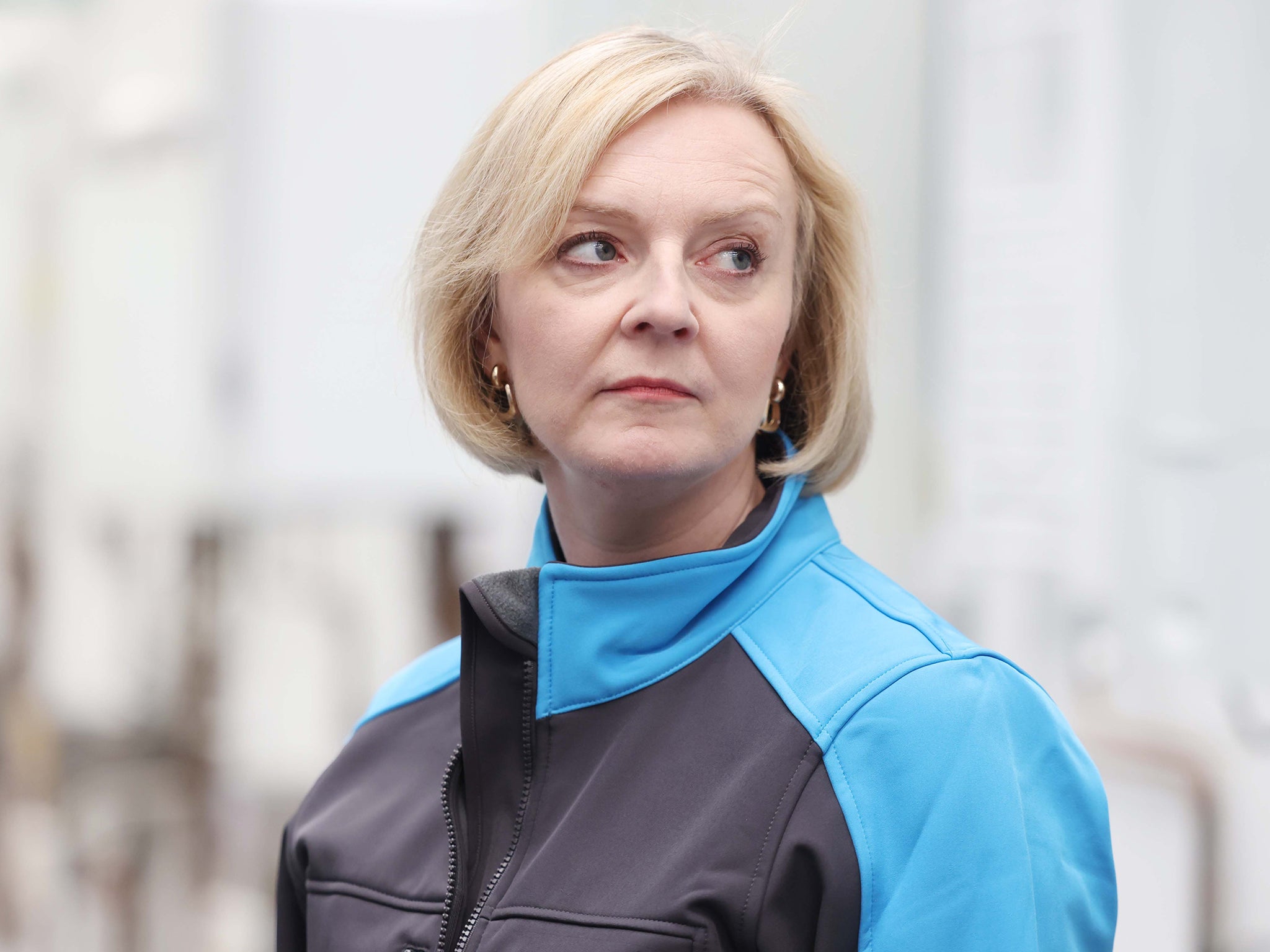Make-or-break week as Liz Truss faces the Tory faithful
What happens at party conference and why do people attend? Andrew Woodcock has the answers


This week’s Conservative Party conference in Birmingham is a make-or-break moment for Liz Truss.
A successful conference could shore up her position and create political space over the next few weeks for her to set out the package of supply-side reforms she hopes will deliver growth and stave off recession.
A Brum bloodbath could see her return to 10 Downing Street fatally wounded, with her own party scheming to remove her in time to salvage their chances of survival at the next election. But why do party conferences matter so much? And why do the parties hold them?
The vast majority of the population, of course, never go to a conference and wouldn’t dream of watching them on TV. Events that are a major feature in the years of the 12,000 or so attendees at Tory and Labour conferences and the smaller numbers at Lib Dem and SNP gatherings pass largely unnoticed to the rest.
But there is no doubt they have a significance far beyond their attendance numbers. Big moments of change happen at conference. Skilful leaders can use them to stamp their authority on their parties in ways that shift the political narrative and feed through into electoral gains.
Think of Neil Kinnock taking on Militant in Bournemouth in 1985, or Tony Blair setting out a messianic post-9/11 vision when he declared in Brighton in 2001 that “the kaleidoscope has been shaken, the pieces are in flux, soon they will settle – before they do, let us reorder this world around us.”
Think of David Cameron trying to shed the Tory image as the nasty party by telling the faithful in 2006 to “let sunshine win the day”. Or Keir Starmer staging an on-camera interment of the Corbyn era last year as he faced down the hecklers in Brighton.
This is the key attraction of conference for party leaders. For a few days, the attention of the media is firmly on them and they can command precious chunks of primetime news bulletins to get across a polished picture of who they are and what they want to do.
Another big motivation for holding the annual shindigs is, of course, cash. With lobbyists paying hundreds for tickets and businesses stumping up serious money for stalls in the exhibition zones, the events are major fundraisers and cancellation is very costly.
They also give central parties the opportunity to make supporters at local level feel loved, and for everyone to hobnob with the like-minded and schmooze potential donors.
What they don’t really do any more is make policy. Both Labour and Liberal Democrats hold earnest debates and knife-edge votes that soak up hours of behind-the-scenes wrangling.
But the days when the results were truly binding on leaders is long gone. Defeat for a leader – such as Labour’s vote for proportional representation in Liverpool last week – is generally no more than a passing embarrassment. In a way, such rows are more significant in terms of showing how serious the party is about winning power than for any influence they have on election platforms.
The Tories, of course, long ago gave up any pretence of using conference to decide policy. There are no meaningful debates or votes, just speeches by ministers, with the role of the rank-and-file largely restricted to providing applause. Their brief speeches often come across more like job applications than attempts to contribute to political debate.
Unlike Labour delegates, who are sent by constituency parties, affiliated organisations or unions to take a particular political line, the Conservative faithful attend as individuals, often in order to show support for their leader or simply get some networking done.
Sometimes they seem outnumbered by the lobbyists who swarm the corridors, the mostly elderly party members wandering slightly bewildered among the sharp-suited deal-makers in a venue with the ambience of an upmarket shopping centre.
What you don’t expect to see at Tory conference is many MPs. Senior ministers are required to attend to deliver speeches and gladhand donors. Some of the up-and-coming use multiple appearances at fringe meetings to boost their profile.
But for the majority, conference is an expensive and pointless distraction. Most stay away... and numbers are expected to be even lower this year, as an appearance in Birmingham may taint them by association with their deeply unpopular leader.
Stayaways could be Ms Truss’s saving grace. Michael Gove appears intent on creating mischief on the fringe, but the big beasts who could cause her real damage – Boris Johnson or Rishi Sunak in particular – will not be there. There will be no rallies of disgruntled backbenchers demanding her head, as have been seen from both sides of Labour’s internal war over recent years.
What could do her harm is griping and sniping on the fringe about rising interest rates, inflation, the threat to house prices and pensions, potentially egged on by MPs excluded from her administration who wouldn’t be sad to see her undermined.
A well-timed resignation by a minister or two who suddenly realise their fortunes are not best served by being tied to the Truss bandwagon would profoundly destabilise her.
But in the end, the most wounding thing for a leader in her supposed honeymoon period could be a simple lack of enthusiasm from her troops. The spectacle of a half-empty hall responding with evident lack of fervour to her keynote speech would cement an impression in the public mind that will be hard to shake.







Join our commenting forum
Join thought-provoking conversations, follow other Independent readers and see their replies
Comments